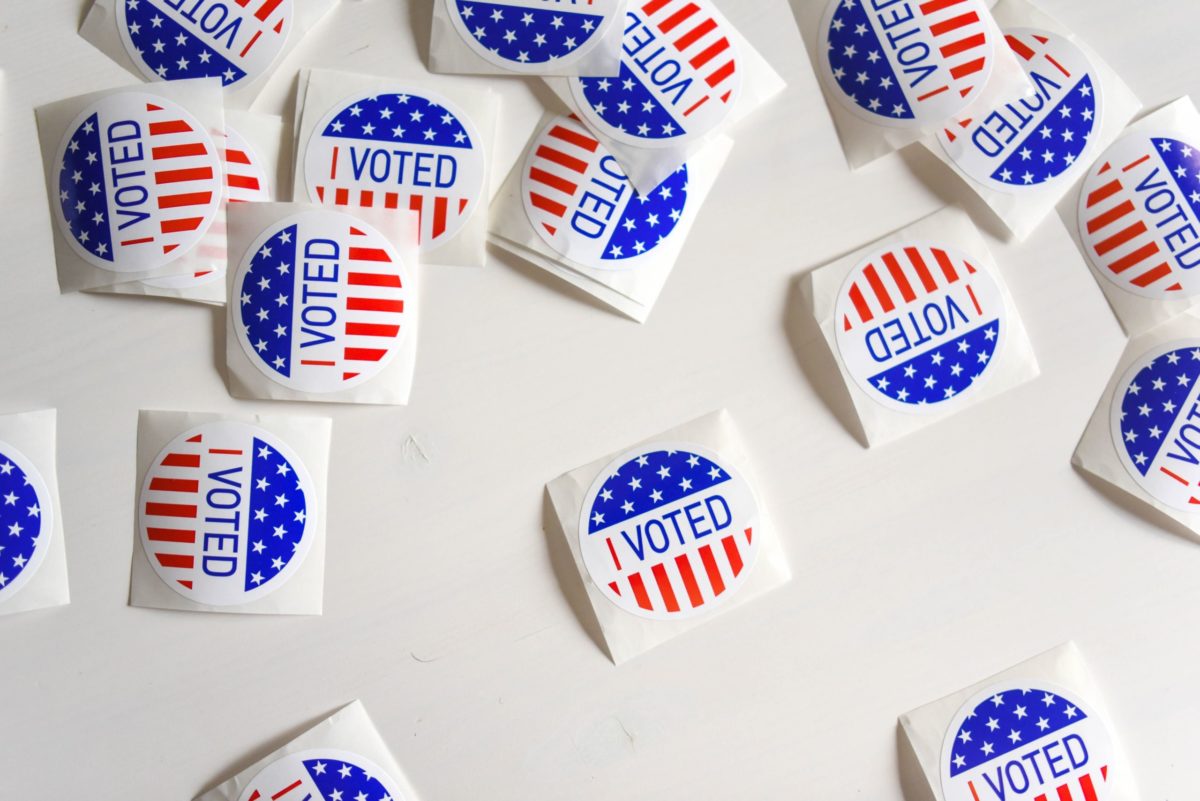With the help of a national nonprofit, DC’s next election could be a mobile affair.
Tusk Philanthropies, a nonprofit focused on anti-hunger and mobile voting, is bringing the latter to DC with an initiative for DC Council. In July, Councilmember Trayon White introduced a bill that would allow DC voters to cast a vote via a mobile device. This would be offered alongside a traditional option like a mail-in ballot. So far, the bill has only made it to the Committee of Judiciary and Public Safety, but the effort has inspired Tusk to bring its Mobile Voting project to DC, with the hope of launching the option in the coming years.
Jocelyn Bucaro, director of the mobile voting project at Tusk, said that the nonprofit chose to bring its work to DC following the support of the Council, with whom it is currently working on a comprehensive bill.
“That’s sort of what prompted our involvement, just knowing that there was support from councilmembers in exploring this, and we were really interested in supporting that effort,” Bucaro told Technical.ly.
Up until now, the jurisdiction hosting the election chose the technology in areas where Tusk worked. But earlier this year, Tusk CEO Bradley Tusk committed $10 million to develop new mobile election technology. The two grantees, Bucaro said, are the Open Source Election Technology Institute, a US-based nonprofit for open-source elections, and Assembly Voting, a Danish software developer that’s been creating online voting systems since 2001. The Institute, Bucaro said, is developing the mobile app itself while Assembly is building the verifiable backend for ballot return.
“No one will have to just trust the vendors that the system is secure. It will undergo rigorous security reviews that will be public,” Bucaro said. “Incorporating end-to-end verification means that voters also don’t have to trust that the system is working the way it’s supposed to. They can independently verify every step of the way that their vote is reported correctly, that it was submitted and nobody’s tampered with it in that transmission method.”
Tusk, Bucaro said, has already supported 20 elections in seven states since 2018, primarily for military voters and voters with disabilities, including one this spring in Arlington County, Virginia. So far, she said, the nonprofit has seen wildly positive results for election turnout with mobile voting. In King County, Washington, Tusk held a pilot for a special district election in 2020 and saw the voter turnout double and an increase by 50% in 2021 (2020 was a record-high turnout year overall).
“When you make voting easier and more convenient, and you give voters more options to be able to cast their ballot from wherever they are, then more voters participate,” Bucaro said.
When you make voting easier and more convenient, and you give voters more options to be able to cast their ballot from wherever they are, then more voters participate,.
Bucaro thinks the replacement of mail-in ballots with mobile voting could also help with an issue DC experienced in the 2020 election. According to a report commissioned by the city’s auditor, after sending a mail-in ballot to every registered voter in the city, 11% of mailed ballots in DC were undeliverable, likely due to folks changing addresses and not updating their registration.
“It means that there are some issues for voters who move, forget, don’t ever think to update their voter registration and then their ballot never finds them,” Bucaro said. “Then they’re left without a method of voting in the election, even though that convenient option was made available.”
The Mobile Voting project app won’t be able to register voters, but it will provide a registration check option to alert voters that their registration address is incorrect.
While the initial bill was introduced this summer, Bucaro and DC Council are working on a more comprehensive bill that could include provisions such as allowing public libraries as mobile voting stations. She hopes the Council can get a new measure formally introduced in the next month, and is aiming for some form of formal action by next summer.
“[Mobile voting] is just something that I think people will view as well, why not?” Bucaro said. “I do all these other things, why can’t I vote on this device? Why do I have to rely on a piece of paper coming to me in the mail?”
Join our growing Slack community
Join 5,000 tech professionals and entrepreneurs in our community Slack today!
Donate to the Journalism Fund
Your support powers our independent journalism. Unlike most business-media outlets, we don’t have a paywall. Instead, we count on your personal and organizational contributions.





